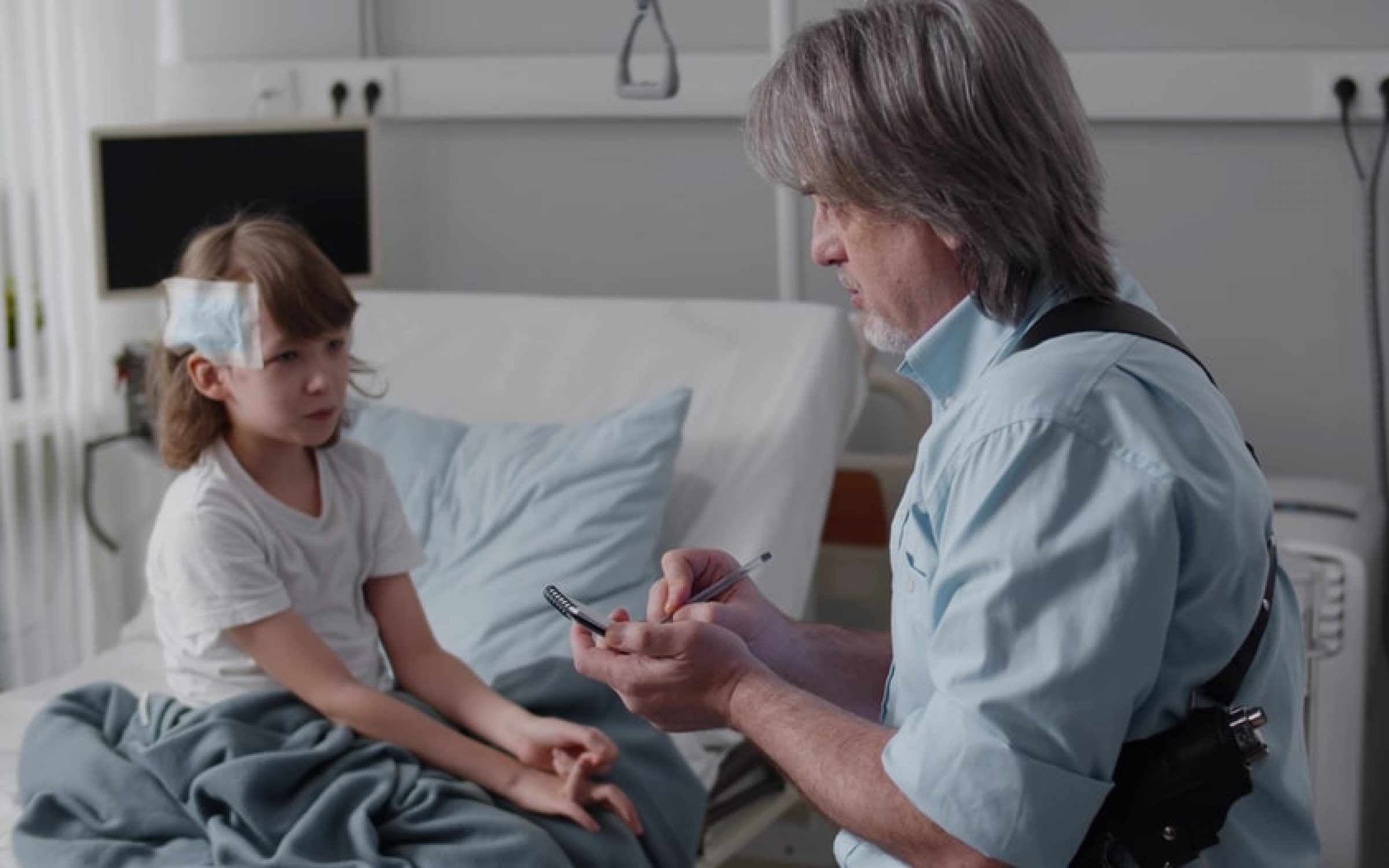
The Massachusetts Supreme Judicial Court announced on January 11, 2024 its decision that the state’s mandatory sentence of life without the possibility of parole (LWOP) is unconstitutional for emerging and young adults ages 18 to 20 who are convicted of homicide. The long-awaited ruling in the case of Mattis vs. Massachusetts means that 203 incarcerated persons previously sentenced to LWOP will eventually be eligible for a parole or resentencing hearing after serving at least 15 years. Prior to the state’s highest court ruling, Massachusetts was only one of ten states with a LWOP mandatory sentence for persons over 18 who are found guilty of homicide.
Research on Neurodevelopment
The 4-3 majority decision by the Court was based on the enormous body of scientific evidence about neurodevelopment demonstrating that an individual’s brain continues to develop well into their twenties. The brains of the 20-year-old and the 13-year-old are similar when it comes to acting on impulse, taking risks, seeking immediate reward and yielding to peer influence. “The scientific record strongly supports the contention that emerging adults have the same core neurological characteristics as juveniles have. As such, they must be granted a meaningful opportunity to obtain release based on demonstrated maturity and rehabilitation,” wrote Chief Justice Kimberly S. Budd in the majority opinion.
Mattis Case
The case involved Sheldon Mattis who was sentenced to LWOP for involvement in a homicide in 2011, when he was 18 years old. The 17-year-old Nyasani Watt who fired the gun was just 10 days shy of his 18th birthday, and was tried and sentenced as a juvenile. In 2013 Massachusetts had banned mandatory LWOP sentences for juveniles (under the age of 18) who were guilty of first-degree murder. Watt was therefore deemed eligible for a parole hearing after serving 15 years. Mattis, who was sentenced as an adult, will now have the same opportunity.
2022 Ruling Upheld
The Supreme Judicial Court’s decision upholds the 2022 finding by Suffolk County Superior Court Judge Robert Ullman that mandatory life prison terms of adults under 21 constitute cruel or unusual punishment, which is banned by the Massachusetts Declaration of Rights. In 2020, the Supreme Judicial Court had rejected Mattis’ appeal, but expressed concern about the disparity in sentences that Mattis and Watt received. It directed Judge Ullman to undertake a review of the evolving research on brain development and to determine whether the prohibition on mandatory life sentences should be extended to 18- to 20-year-olds. He ruled that it should. “The Court concludes that there is a mismatch between the culpability of 18- through 20-year-olds as a class and mandatory life without parole sentences that preclude a judge from granting parole eligibility”, he wrote.
Expert Testimony
Judge Ullman’s 32-page opinion was informed by live testimony from CLBB’s Executive Director Robert Kinscherff, PhD, JD, and national experts Adriana Galvan, PhD (UCLA) and Stephen Morse, JD, PhD (University of Pennsylvania) and by written testimony from Laurence Steinberg, PhD (Temple University). CLBB’s 2021 White Paper on the Science of Late Adolescence was provided as an exhibit.
Longstanding efforts through the courts to reform juvenile and young adult justice date back to cases in the 1960s, and include landmark cases such as the US Supreme Court’s ban in Roper v. Simmons (2005) of the death penalty for capital offenses committed under age 18. “With the findings of our two courts in Massachusetts, neuroscience in the law has come of age,” said Dr. Kinscherff. “We knew intuitively and experientially that there’s no hard line between adolescence and adulthood, but it took the advent of MRI and fMRI technologies to show us exactly why.”







